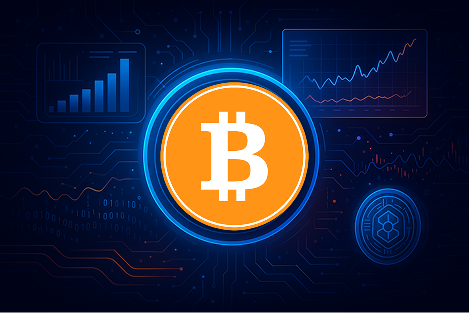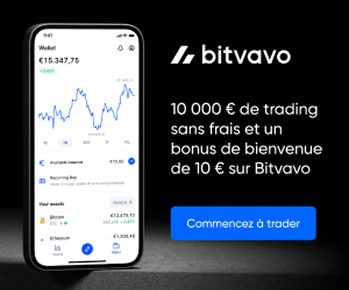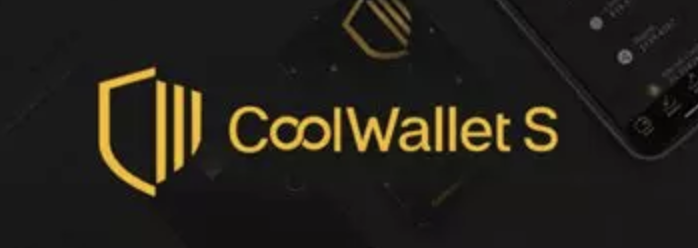In the rapidly evolving world of cryptocurrencies, ownership and security of digital assets are paramount. A non-custodial digital wallet offers crypto users full control over their funds, emphasizing privacy, security, and true ownership. Unlike custodial wallets, where a third party holds your private keys, non-custodial wallets put you in charge. But what exactly is a non-custodial digital wallet, and why is it essential for every crypto investor? This article breaks down the concept, explores its benefits, practical use cases, and offers expert advice to help you choose and secure your wallet.
What Is a Non-Custodial Digital Wallet?
A non-custodial digital wallet, also known as a self-custody wallet, is a crypto wallet that allows users to hold and manage their private keys themselves. This means no third party, such as an exchange or a service provider, controls your crypto assets. With a non-custodial wallet, you are the sole custodian of your funds, giving you complete ownership and control.
In contrast, custodial wallets store your private keys on your behalf, which means you must trust the provider’s security practices. While convenient, this model exposes users to risks like hacks, insolvency, or policy changes by custodians. For those serious about crypto security and privacy, non-custodial wallets offer a powerful alternative.
Benefits of Non-Custodial Wallets
Choosing a non-custodial wallet comes with multiple advantages, especially for those who value independence and security:
- Full Control: You manage your private keys. No one else can freeze, seize, or access your funds.
- Enhanced Security: Since your keys aren’t stored on centralized servers, the risk of large-scale hacks is greatly reduced.
- Privacy: Non-custodial wallets usually don’t require personal information or KYC verification.
- Decentralization: Aligns with the core philosophy of cryptocurrencies removing intermediaries and giving power back to the user.
- Access to DeFi and DApps: Many decentralized finance (DeFi) applications require a non-custodial wallet to interact directly with the blockchain.
- Reduced Counterparty Risk: Eliminates reliance on exchanges or custodians that may fail or restrict access.
These benefits explain why advantages of non-custodial wallets for crypto investors have become a hot topic among security-conscious users.
How Non-Custodial Wallets Work
At the core of every non-custodial wallet is private key management. Your private key is a secret code that proves your ownership of the crypto stored on the blockchain. When you create a non-custodial wallet, you generate this key locally on your device. The wallet then allows you to:
- Send and receive cryptocurrencies
- View your balance and transaction history
- Sign transactions securely without exposing your private key
All these operations occur directly on your device, not through a third party.
Because self-custody means you control your keys, it’s vital to back up your seed phrase or private keys securely. Losing this information means losing access to your funds permanently.
Popular Non-Custodial Wallets
Several reputable non-custodial wallets cater to different user needs. Here are some widely trusted options:
- MetaMask: A browser extension and mobile wallet popular for Ethereum and DeFi access.
- Trust Wallet: Mobile-friendly, supports multiple blockchains, and has a user-friendly interface.
- Ledger Nano S/X (hardware wallet): Combines non-custodial control with physical device security.
- Exodus: Desktop and mobile wallet with an intuitive UI and integrated exchange.
- Atomic Wallet: Supports many cryptocurrencies and enables staking and swapping directly within the app.
Choosing the right wallet depends on your usage pattern, security preferences, and supported cryptocurrencies.
Security Best Practices for Non-Custodial Wallets
Owning your private keys means you bear full responsibility for security. To protect your funds, follow these key practices:
- Backup your seed phrase securely: Store it offline, preferably in multiple physical locations.
- Use hardware wallets for large holdings: These devices keep keys offline, immune to malware.
- Keep software updated: Wallet apps often release security patches.
- Beware of phishing scams: Always verify URLs and avoid unsolicited links.
- Use strong, unique passwords: Protect wallet apps and related accounts.
- Enable two-factor authentication (2FA): When available, add extra layers of security.
For a deeper dive into securing your assets, check out our guides on Crypto Security – How to Protect Your Digital Assets in 2025 and How to Secure Cryptocurrency in 2025 – Best Practices & Tools.
Non-Custodial vs. Custodial Wallets: What’s the Difference?
Understanding the distinction helps users make informed decisions:
| Feature | Non-Custodial Wallet | Custodial Wallet |
|---|---|---|
| Private Key Ownership | User holds keys | Provider holds keys |
| Control Over Funds | Full control by user | Limited; depends on custodian |
| Security Risks | User-responsible; no central breach | Centralized risk; custodial breach possible |
| Privacy | High; no KYC typically required | Often requires KYC and personal data |
| Recovery Options | Dependent on seed phrase backup | Usually provided by custodian |
| Ease of Use | May be complex for beginners | Generally user-friendly |
For beginners, custodial wallets offer convenience, but non-custodial wallets empower users who prioritize control and privacy.
Practical Use Cases of Non-Custodial Wallets
- Long-term HODLing: Investors who want to securely store assets offline.
- Decentralized Finance (DeFi): Access lending, borrowing, and yield farming.
- NFT Ownership: Manage and display digital collectibles without intermediaries.
- Cross-chain Transactions: Use wallets supporting multiple blockchains for flexibility.
- Global Remittances: Send funds directly with minimal fees and no intermediary delays.
Each use case benefits from the security and autonomy provided by self-custody wallets.
Choosing the Right Non-Custodial Wallet for You
Consider the following when selecting your wallet:
- Security Needs: Hardware wallets for maximum protection.
- Ease of Use: Mobile or desktop wallets with intuitive interfaces.
- Supported Assets: Ensure compatibility with your preferred cryptocurrencies.
- Backup and Recovery Options: Understand how to safely secure your keys.
- Community and Support: Active development and user community can be invaluable.
Start with small amounts and gradually increase as you get comfortable managing your own keys.
Conclusion
A non-custodial digital wallet is a cornerstone of true crypto ownership, granting users full control over their digital assets and safeguarding privacy. By understanding how these wallets work, their advantages, and best security practices, you can make informed decisions to protect your investments. Whether you’re a beginner or an advanced user, mastering self-custody is essential for long-term success in the crypto space.
For more detailed security tips and tools, explore our comprehensive articles on Crypto Security – How to Protect Your Digital Assets in 2025 and How to Secure Cryptocurrency in 2025 – Best Practices & Tools. Take control of your crypto journey today.
















